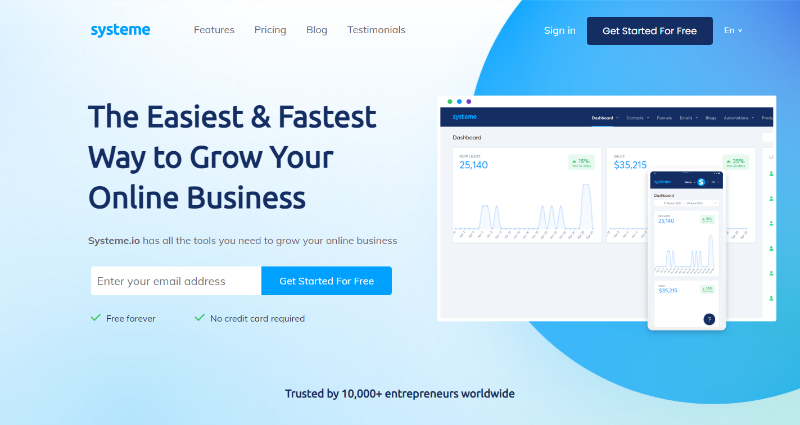A little-noticed bill headed to the U.S. Senate could make it easier for people who live in mobile home parks to pay for improvements to infrastructure in their communities and, at the same time, take a greater role in their financial security, according to advocates.
The $500 million Preservation and Reinvestment Initiative for Community Enhancement (PRICE) program would provide grants to resident-owned manufactured home parks to pay for improvements and services. Money would also be available to cooperatives, nonprofits, local and state governments, lending institutions, and other housing agencies; and could support acquisitions, including resident purchases.
Joe Cicirelli, director of Housing for Cooperative Development Institute, has called the move “a game changer.” The nonprofit organization helps flip manufactured housing parks into cooperatives.
Success story: Private investors are buying up mobile home parks. These Wareham residents fought back.
“The residents are just starting to catch up, policy is just starting to catch up, and we’re really just trying to level the playing field,” Cicirelli said.
The program would affect 3,500 households that are nonprofits or cooperatives and open the possibility of resident ownership for the 20,000 households that are in manufactured housing in Massachusetts, according to the development institute.
The bill comes amid a national trend of private equity firms and real-estate investment trusts buying up mobile home communities and then increasing rents.
The buying frenzy is fueled by billions of dollars worth of government-backed, low-interest-rate loans.
Under Massachusetts’ Right to First Refusal statute, residents have the chance to submit a matching bid and buy their communities themselves. But they can’t access those grants or low-cost loans, making it hard for them to compete fairly with private companies.
More: Residents fight to own Pocasset Mobile Home Park: A judge will decide
Nationally, 80% of the people who live in mobile housing earn below 80% of the area median income, Cicirelli said.
“It’s going to be difficult for residents to come up with millions of dollars,” he said.
Locally, residents of Pocasset Mobile Home Park are entangled in a legal battle at Barnstable Superior Court, trying to buy their park while Crown Communities LLC also wants to buy it.
Residents of Royal Crest in Wareham were recently able to thwart an attempt by a private Arizona-based Legacy Communities to buy their park and instead acquired it themselves.
The public money would help repair outdated infrastructure that abounds in mobile home parks. That could include anything from septic systems, electrical panels, road paving and tree removal.
The private owners of parks often put off maintenance because “every dollar that goes to infrastructure is a dollar out of the owner’s pocket,” Cicirelli said.
Locally, he said he could envision the bill bettering the lives of residents at the Pocasset Mobile Home Park in Bourne. The park, built during the 1950s and 1960s, has many problems, including abandoned homes and trees that need maintenance.
Earlier: Final arguments in Pocasset mobile home park trial set for October
Those improvements would cost about $1 million.
The residents’ association is in a legal battle in Barnstable Superior Court to buy their community. If a favorable ruling clears the way to resident ownership, the group could tap into federal money to help pay for infrastructure improvements.
Federal funding would ease the burden on residents who currently have to fund such projects with their lot rents alone.
“It would reduce their land rent and that helps them build wealth,” Cicirelli said.
Last month, the House Appropriations Committee voted to include the program in the FY23 Transportation, Housing and Urban Development, and Related Agencies Funding Bill.
The Senate will begin to align its version of the bill with the House version after Labor Day, according to Cicirelli. He said nothing will likely be finalized until after the mid-term elections.
“These are all volunteers in their communities who are stepping up,” Cicirelli said of the residents working to own their parks. “They don’t get paid and they’re doing it to make their communities better.”
Zane Razzaq writes about housing and real estate. Reach her at zrazzaq@capecodonline.com. Follow her on Twitter: @zanerazz.
Gain access to premium Cape Cod Times news, sports, business and things to do content by subscribing. Check out our subscription options.
